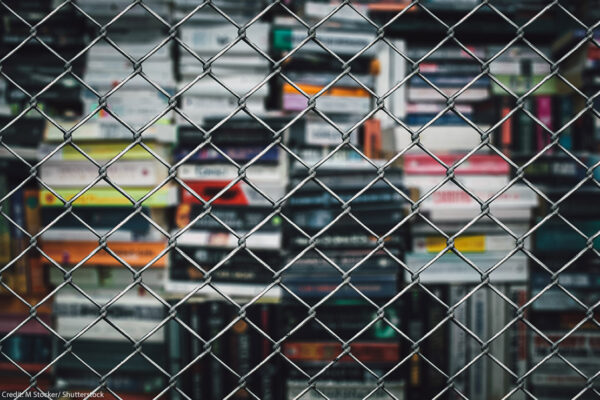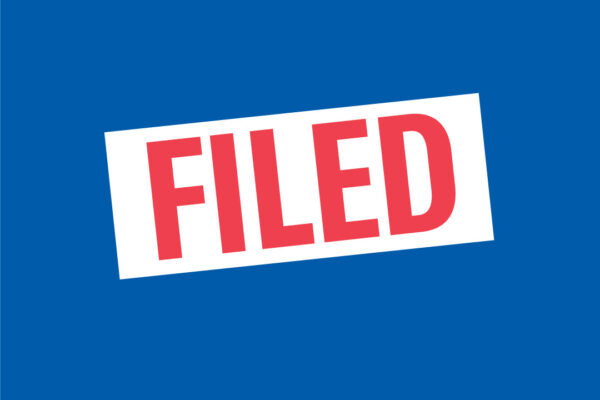In the United States, the freedom to read and access information is a fundamental right protected by the First Amendment. However, behind the bars of jails and prisons, this right is unjustly restricted through the growing practice of book banning.
Book bans in jails and prisons have a detrimental and harmful impact on incarcerated individuals, perpetuating a system that restricts access to knowledge, hinders personal growth that improves our entire society, and ultimately, denies individuals their fundamental freedoms of expression and intellectual exploration.
A recent case filed by the ACLU of Indiana against Howard County Jail on behalf of Unshackled Hearts, has highlighted the continued infringement of constitutional rights for incarcerated Hoosiers. The policies implemented by the jail not only violate the First Amendment but also perpetuate a system of injustice and discrimination.
The policies enforced by Howard County Jail have effectively hindered the efforts of Unshackled Hearts, Inc., a nonprofit organization dedicated to providing religious literature and spiritual counseling to prisoners in Indiana. By banning book donations purchased through distributors such as Amazon or Barnes & Noble, the jail has violated the First Amendment rights of both the organization and incarcerated individuals.
Books provide solace, inspiration, and a means of growth for incarcerated individuals, offering a break from the harsh realities of prison life. The absence of intellectual stimulation and the inability to explore different perspectives limit personal growth, emotional well-being, and the development of empathy, all of which are essential for rehabilitation.
The nature of book bans can also lead to the disproportionate targeting of books by Black authors, books on civil rights, American history, and other works that shed light on systemic injustices. An example given from The Equal Justice Initiative states that in Wisconsion, incarcerated people are banned from reading Ralph Ginzburg’s 100 Years of Lynching but allows Adolf Hitler’s Mein Kampf. The Marshall Project highlights that only four prisons banned William Pierce’s The Turner Diaries, which is a text about killing people who are not white.
This targeting perpetuates a cycle of discrimination within the criminal legal system, reinforcing the marginalization and erasure of voices from historically oppressed communities.
By denying access to literature that speaks to their experiences and fosters a sense of identity and empowerment, incarcerated individuals are further disenfranchised. This decreases individuals’ chances of successful rehabilitation into society, hurting not just these individuals, but their families, their local communities, and the state of Indiana as a whole. Without access to literature that promotes critical thinking, empathy, and self-reflection, incarcerated individuals are deprived of the tools necessary for rehabilitation, increasing the likelihood of recidivism and perpetuating the cycle of incarceration.
The ACLU of Indiana is committed to defending the rights of incarcerated individuals, ensuring that their voices are heard, and their human dignity is protected.
Read more about our recent lawsuit regarding access to books in an Indiana jail.


